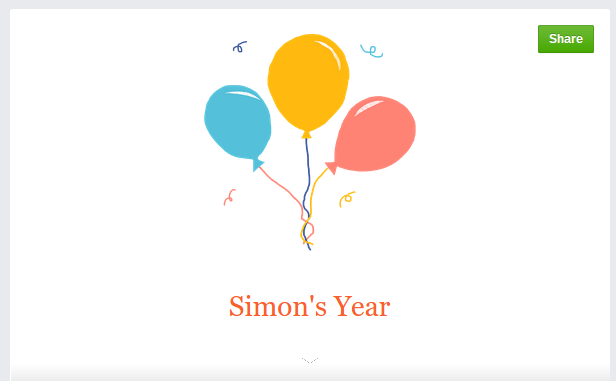The news that Red Hat and Microsoft have reached an agreement about hosting Linux is very welcome. I am delighted for Red Hat here, and see this as a huge sign of the continuing power and growth of open source. It shows that the cloud market is one where and embrace of Linux is table stakes. It also shows that the enterprise market is one where Red Hat is a huge and powerful supplier.
All the same, let’s be clear that all the “Microsoft Loves Linux” hype I saw at SUSECon in Amsterdam yesterday and at other events earlier this year is just not true. Microsoft Azure loves Linux, there is no doubt; it is a basic requirement for them to become relevant on a cloud market dominated by AWS and Linux. They have been out in force at every commercially-oriented open source I have attended this year and have a full-scale charm offensive in place.
But the rest of the company still does not. They still seem to covertly spread open-source-related FUD about LibreOffice here in Europe. They haven’t foresworn making embedded Linux vendors pay for patent licenses of dubious necessity. The Azure business unit is certainly embracing the ecosystem the same as many before them have done so in their steps towards open source. But the Windows and Office business units show no signs of “loving” Linux and only modest signs of co-existing with open source.
It’s hard to change a company as large and profitable as Microsoft quickly. But a significant and binding gesture of goodwill would go a long way to convincing those of us with the scars of Microsoft’s decades of verbal and actual abuse of open source that they mean business. It’s no secret what the necessary gesture is.
“We both know we have very different positions on software patents,” said Paul Cormier, Red Hat’s president for products and technologies. “We weren’t expecting each other to compromise.”
(WSJ)
Red Hat, despite asserting they don’t believe Microsoft has any patents that read on their products, included a standstill agreement in the deal. Sources tell me it is carefully phrased to comply with the GPL. If Red Hat felt they had to do that with their new partner, there’s no doubt everyone else remains at risk.
If Microsoft truly want to signal the end of hostilities, step one is to sign the Mozilla Open Software Patent License Agreement or join OIN. Until one of those happens, I remain sceptical of Microsoft’s love for Linux.
[Please see my InfoWorld article for more]
Filed under: Cloud Computing, Links, Linux, Patents | Tagged: Linux, Microsoft, Software Patents | 2 Comments »








